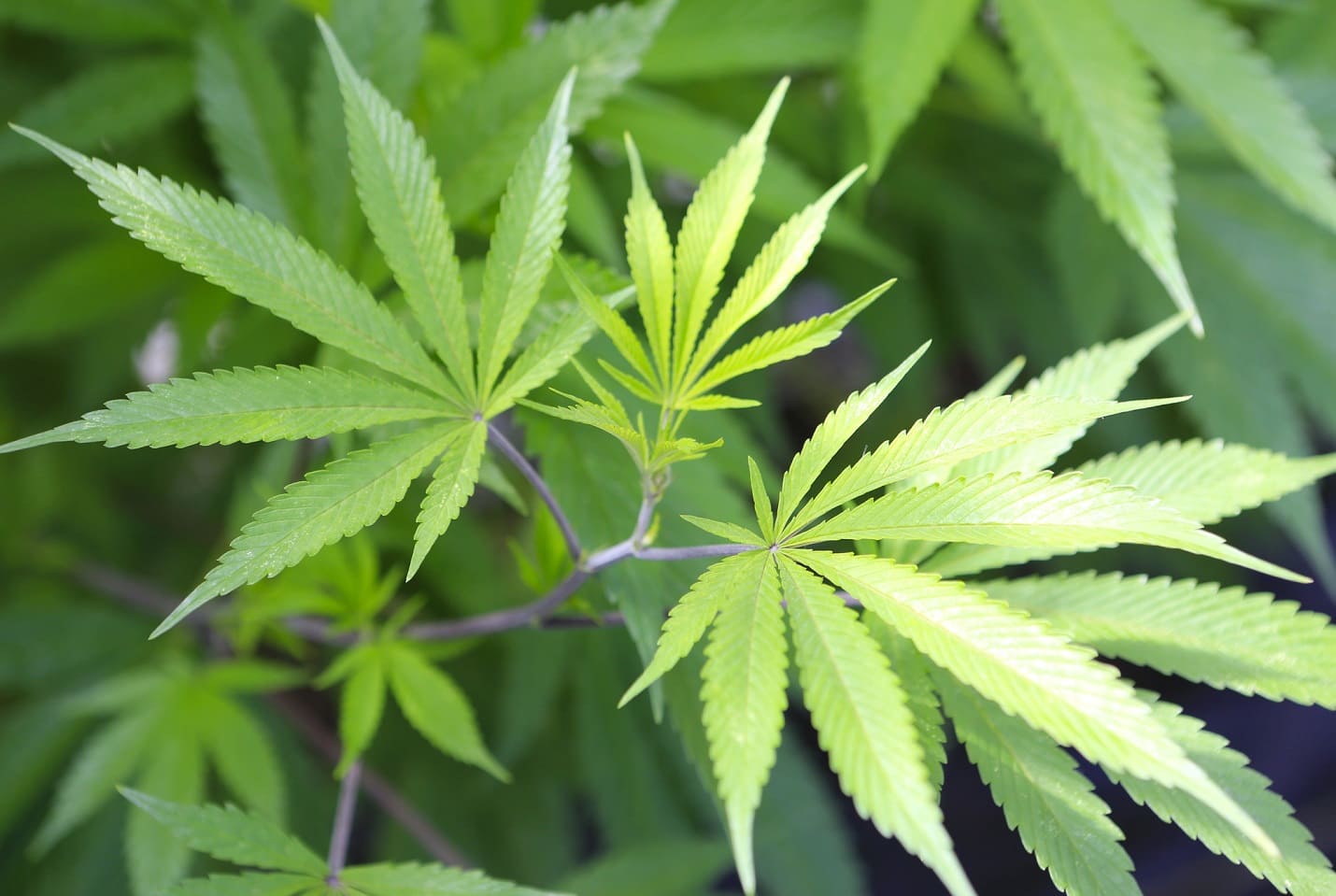
Florida’s approach to marijuana legislation is more restrictive than many other states. While some have legalized recreational marijuana, Florida only permits medical use under specific conditions, creating a distinct landscape.
Understanding how Florida’s marijuana law stacks up against states like California, Colorado, and Oregon can provide insight into the complexities of legalization across the country. From the state’s strict regulations on businesses to the penalties for possession, Florida’s laws reflect a more conservative stance compared to states with more lenient or expansive marijuana policies.
Whether you’re a patient or a business owner, knowing these differences is essential for navigating the ever-evolving landscape of cannabis legislation.
Medical vs Recreational
Florida permits only medical marijuana use, while several states, like California and Colorado, allow both medical and recreational marijuana. Florida’s medical marijuana program is more restrictive, requiring patients to qualify under specific conditions such as chronic pain, cancer, or epilepsy. In contrast, states like California and Colorado have more lenient regulations, offering broader access for both medicinal and recreational purposes.
Also, while recreational users in these states can purchase marijuana with minimal restrictions, Florida requires patients to have a state-issued medical marijuana card. The limitations in Florida reflect a more cautious approach, focusing on medical necessity, whereas other states embrace a more open market for marijuana use in both medical and recreational contexts.
Possession & Penalties
Florida allows medical marijuana patients to possess up to 2.5 ounces every 35 days, but for non-medical users, any possession is illegal. Penalties for non-medical possession vary by amount. For example, under 20 grams is a misdemeanor, which can result in up to a year in jail and a fine.
In contrast, states like New York and Oregon have decriminalized or legalized small amounts of marijuana. In New York, possession of up to three ounces is legal, while Oregon allows possession of up to an ounce in public.
If you get arrested for marijuana possession in Florida, the penalties can be severe compared to states with more lenient laws, highlighting a significant difference in legal approaches across the country.
Business Regulations & Dispensaries
Florida’s medical marijuana industry operates under strict regulations, requiring businesses to follow a vertical integration model. This means that companies must control every stage of production, from cultivation and processing to distribution and retail. This approach limits market participation, as only larger companies with significant resources can meet these requirements.
In contrast, states like California have a more flexible system, allowing businesses to obtain separate licenses for different stages of production. This separation encourages a more diverse and competitive market, where smaller businesses can specialize in one area, such as cultivation or retail.
Florida’s model tends to favor larger entities, while states like California foster a more decentralized approach, allowing more participants to enter the market at different stages of the marijuana supply chain.
Robert Dees Can Represent You In Your Marijuana Case
Florida’s marijuana laws are stricter than those in many other states, with significant penalties for violations. Whether you’re dealing with issues related to medical marijuana or facing charges for illegal possession, it’s important to understand these differences and how they could impact you.
If you’ve been detained for violating Florida’s marijuana law, it’s essential to get the right legal support. Robert Dees is experienced in handling marijuana cases in the Pensacola area and can help protect your rights. Contact Robert Dees immediately to discuss your case and explore your legal options.
